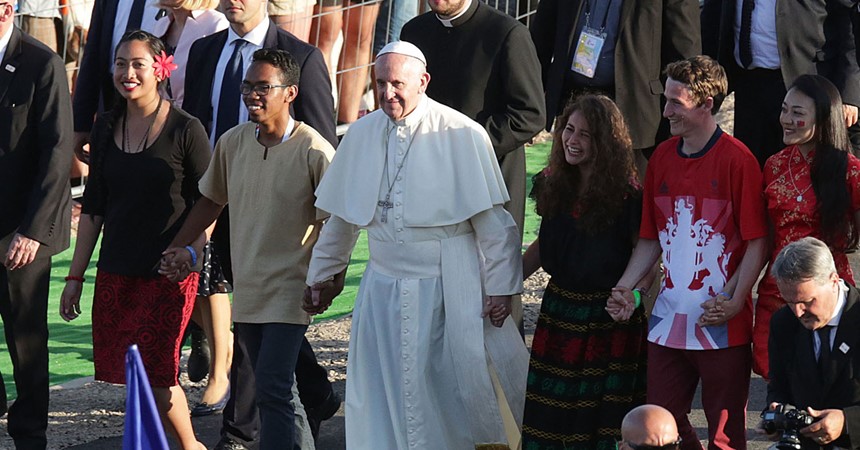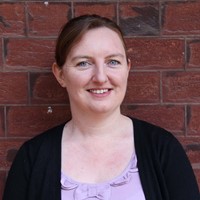The Synod’s aim is to rebuild links between young people and the Church - and it is looking at issues such as how the Church's culture is distancing itself from young people.
Many different topics have been raised in the Synod, according to different regions in the world. For the English speaking delegates, the abuse crisis is one of the biggest issues facing the church, but this is not the same for other countries.
"The issue [of abuse] is serious and important. However, in my country, the primary issue facing young people is war," said Cardinal Dieudonné Nzapalainga of Bangui in Central Africa. Those who are forced to flee their countries "cannot be rejected like animals," he said.
Cardinal Oswald Gracias of Mumbai, India, emphasised how Indian bishops are working on the issue of gender equality.
It is these differences in focus and issues that will cause difficulty in creating the final document that will influence the world-wide church.
Australian delegates speak at Synod
Melbourne Auxiliary Bishop Mark Edwards OMI spoke to the synod about the importance of allowing young people to guide the way forward.
“We stand at the edge of a new era. We knew how to be Church in the past, how to pass on the faith and how to be effective missionaries. At least some of what we did isn’t effective anymore. How we are to be Church, how we are to be missionary and pass on the Good News in the new era is not clear to us. We don’t know how to enter in.
“Young people are closer to being natives in this new era than we are. They more instinctively grasp the lay of this land with its values of equality, inclusion, respect, authenticity and the integration of multiple aspects of life such as body and soul.” He said.
Sebastian Duhau, a 22-year-old youth delegate from Sydney, told Crux that when it comes to the recent abuse crisis in the Church, “I’m definitely disappointed, I’m disappointed in the Church, and to an extent angry that these things have happened.”
At the same time, Duhau said he continues to be a part of the Church “not because of priests and bishops and the people of the Church,” but “because I believe in Jesus and what he’s done in people’s lives.”
In his speech during the gathering, Duhau said he wants to stress that the Church needs to be a place where everyone, lay and religious alike, can be leaders and can look to each other “for ways to move forward and to not be about hierarchy and who can make decisions because of where they sit.” He wants the Church to be a reflection of Jesus’ action, to be a “Church that is a reflection of the great and positive things that he can do in people’s lives.”
Sydney Archbishop Anthony Fisher used his speech at the Synod to formally apologise to young people for all the ways the Catholic Church and its members have harmed them or let them down.
He apologised "for the failure of too many bishops and others to respond appropriately when abuse was identified, and to do all in their power to keep you safe; and for the damage thus done to the church's credibility and to your trust."
He also apologised for the ways in which the church had failed to "introduce you to the person of Jesus Christ, his saving word and his plan for your life."
"And for the times when you were searching for your sexual, ethnic or spiritual identity and needed a moral compass, but found church people unsympathetic or ambiguous: I apologise," he said.
Will the final document be effective?
The Synod's opening week, focused on studying the first part of the Instrumentum Laboris (working document) on young people today. The final document will be released as an Apostolic Exhortation after the Synod. Although La Croix reports that concern has begun to spread among participants that the final document to be transmitted to Pope Francis will not be effective in reaching out to young people.
"We need to reflect on the way the synod is presenting itself to young people," said Melbourne Archbishop Peter Comensoli on 9 October as he read the report from his English-speaking workshop to the assembly.
In his report, Archbishop Comensoli invited the synod to send a direct message to young people, as did many other synod fathers.
He proposed that two bishops should work with two young auditors to draft the message, which would be issued in addition to the final document. It would be "a simple and direct message" that would be based on concrete issues, Archbishop Comensoli noted.
The Synod will continue until 23 October.

